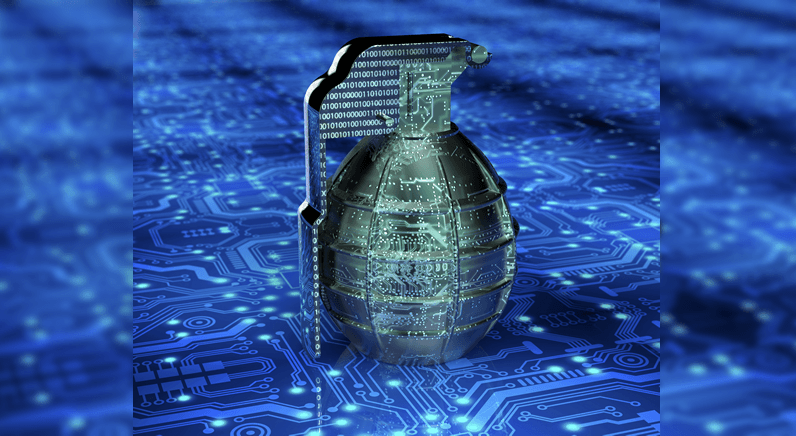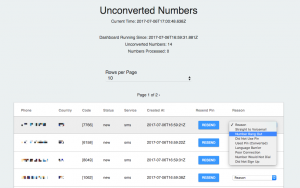Recently, the CIA lost control of the majority of its hacking arsenal including malware, viruses, trojans, weaponized "zero day" exploits, malware remote control systems and associated documentation. This extraordinary collection, which amounts to more than several hundred million lines of code, gives its possessor the entire hacking capacity of the CIA. The archive appears to have been circulated among former U.S. government hackers and contractors in an unauthorized manner, one of whom has provided WikiLeaks with portions of the archive... Once a single cyber weapon is loose it can spread around the world in seconds, to be used by rival states, cyber mafia and teenage hackers alike...
While nuclear proliferation has been restrained by the enormous costs and visible infrastructure involved in assembling enough fissile material to produce a critical nuclear mass, cyber weapons, once developed, are very hard to retain. Cyber weapons are in fact just computer programs which can be pirated like any other. Since they are entirely comprised of information they can be copied quickly with no marginal cost. Securing such weapons is particularly difficult since the same people who develop and use them have the skills to exfiltrate copies without leaving traces — sometimes by using the very same weapons against the organizations that contain them. There are substantial price incentives for government hackers and consultants to obtain copies since there is a global "vulnerability market" that will pay hundreds of thousands to millions of dollars for copies of such weapons. Similarly, contractors and companies who obtain such weapons sometimes use them for their own purposes, obtaining advantage over their competitors in selling hacking services.


 Security
Security 

